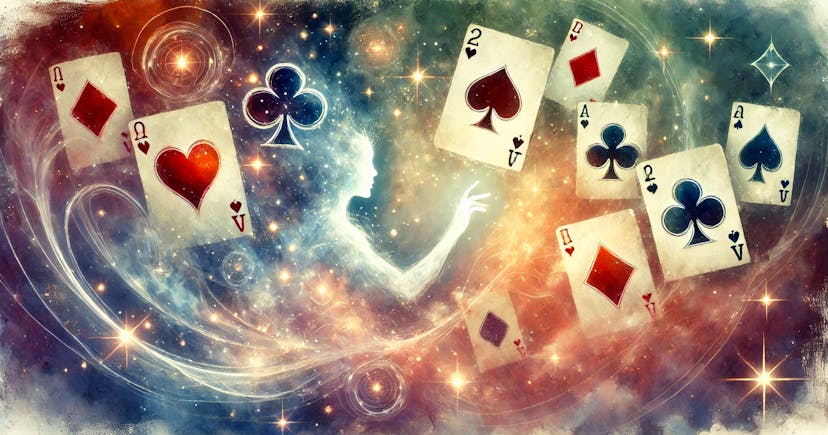
Everything I've Learned from Figgie
Figgie is a free Jane Street developed game that aims to teach intuition about trading. Although I don't consider myself a trader I've always been curious and wanted to develop an intuition around it.
Here are a few takeaways that I've viscerally felt from playing the game for a few hours:

1/ The difficulty in drawing out the marginal seller informs the rarity. If you have to increasing up your bid without and takers it means that everyone is hoarding. Your edge needs to be larger than the premium necessary to pry it from the crowd.
2/ Likewise, when you have to constantly drop your bid to draw out the marginal buyer it means the suit is discounted. The buyer is usually gambling or hedging. There isn't much information in these trades.
3/ Alpha exists in having a earlier and clearer idea of reality than everyone else. It exhibits itself in being able to buy at cheap prices when the trading revolves around hedging.
4/ Alpha evaporates as you use it and coalesces into a clearer market picture. As the trading starts to revolve around the goal card instead of hedging, you have less and less alpha because the prices now reflect the reality you had early-access to.
5/ Alpha efficiency is the ratio of value gained vs information leaked in the trade. The most efficient trades work with noisy crowd movements vs standing out from the crowd.
6/ Price appreciation due to markets approaching truth is not reversible because truth is not reversible.
7/ Pure signal does not exist, every signal is probabilistic.
8/ Humans need to work with the models because a lot of the game is modeling humans and how humans model humans and models.
9/ You can't really calculate EV fast enough to act on market offers and bids. Often you have an intuition around buy/sell have to use the last executed price as an anchor for fair value.
10/ Uncertainty creates value around things that are not valuable. As clarity increases, the value of non-winners quickly drop to zero.
11/ Market makers can be a win-win source of edge because they can actually price what hoarders value at infinity.
12/ The best deals are from people who started off lucky because they have negative information about the real world. For example, they might think something is very common when it is rare and so sell it cheaply. (This is how many locals make money off of American tourists who are abundant with dollars)
13/ Market close creates fire sale opportunities.
14/ Creating false markets is very expensive and is similar to a 51% attack on market truth seeking.
15/ Where you start informs your strategy. Sometimes you have alpha sometimes you do not. Sometimes all you can do is minimize losses and wait for the next round.
16/ The two main situations seem to be either inventory averse or inventory tolerant. The only time you actually like inventory is when you have enough edge to act as an Oracle.
18/ Even when you think you have alpha, you have to size appropriately due to tail risks.